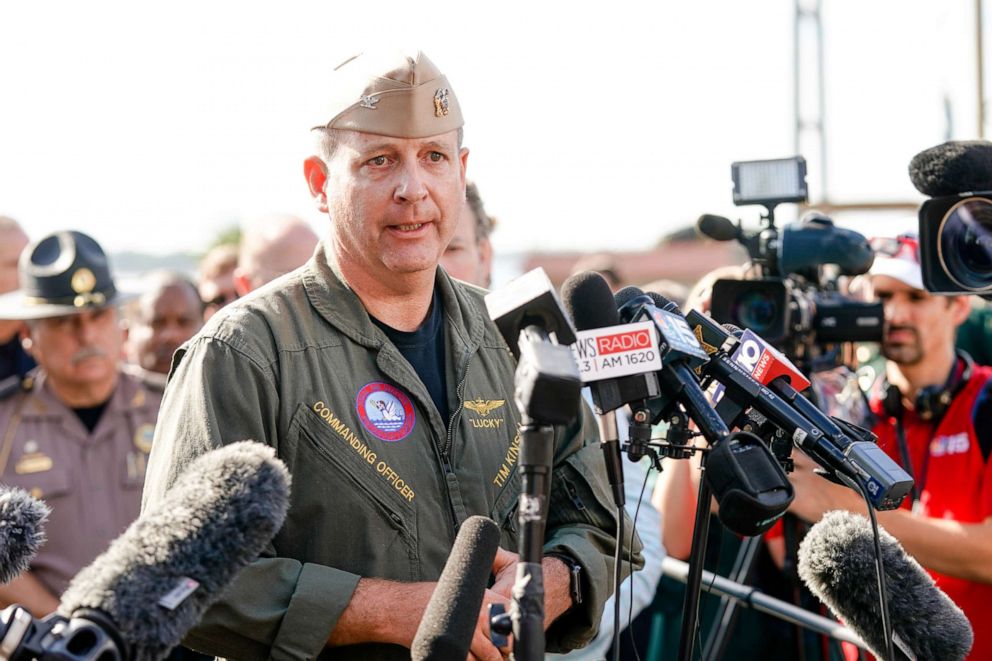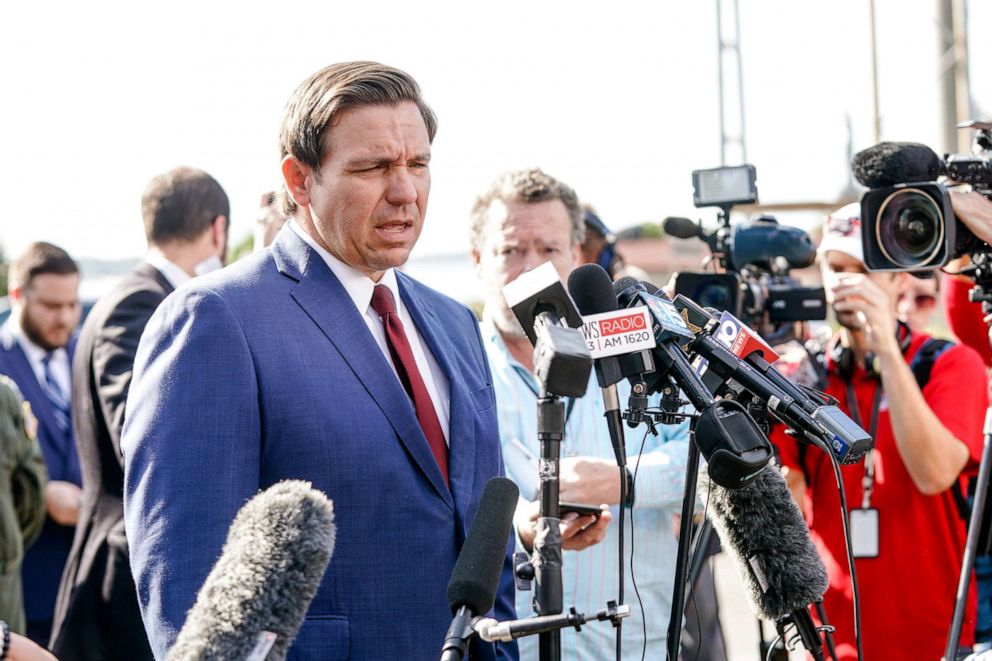The Pensacola naval base shooting suspect was identified as member of the Saudi military. Why was he there?
Mohammed Alshamrani was one of about 200 foreign nationals training on the base.
Friday's shooting at Naval Air Station Pensacola, in which four people, including the shooter, died, marks the second time this week gun violence erupted at a U.S. military installation.
But while Wednesday's shooting in Hawaii was related to a domestic issue, the attack on Friday became an international incident after it was reported the suspect was a second lieutenant in the Royal Saudi Air Force.
Mohammed Alshamrani, according to authorities, was one of about 200 foreign nationals receiving training on the naval air base as part of a program in which U.S. allies send members of their armed forces there to study aviation.
Alshamrani's training on the base, which included English language and basic aviation courses, started in August 2017 and was scheduled to finish by August 2020, according to the Department of Defense.
His participation in the program is part of a military practice that goes back decades, NAS Pensacola base commander Capt. Timothy Kinsella said during a press conference in the aftermath of the shooting
"The cross-training with allies is something that we have done for a long time," he said. "In World War II, we had Royal Air Force folks training here."

Saudi Arabia, according to the Pentagon, is one such ally, and has supplied 852 of the more than 5,000 foreign military students spread throughout the U.S.
Germany, Singapore, Italy, Denmark and Norway have also sent students to Naval Air Station Pensacola, also known as the "Cradle of Naval Aviation."
NAS Pensacola employs more than 16,000 military and 7,400 civilian personnel, according to the base's website. The facility includes the Naval Aviation Schools Command, Naval Air Technical Training Center, Marine Aviation Training Support Group 21 and 23, the Blue Angels and the headquarters for Naval Education Training Command.
According to Kinsella, only authorized security forces are allowed to carry weapons on the base. It's still unclear how Alshamrani was able to bring a handgun into the classroom and begin shooting.
And while Alshamrani's motive remains unclear, law enforcement officials briefed on the investigation told ABC News authorities are focusing on two possibilities: that he was acting for ideological reasons, or that some kind of hostilities developed over the course of his training.

Shortly after the shooting, Florida Gov. Ron DeSantis said Saudi Arabia was "going to owe a debt here," and numerous Saudi officials condemned the attack in statements.
"Today's tragic shooting at Pensacola, Florida was a heinous crime. The Kingdom expresses its deepest condolences to the families of victims, and to the American people. We salute the bravery of those who neutralized the threat and saved lives," Saudi Foreign Minister Faisal bin Farhan tweeted.
Defense Secretary Mark Esper told reporters on Friday that the vetting process for foreign military nationals in the U.S., including screenings by the Department of Defense and U.S. embassy personnel, will be reviewed.
"I want to make sure we're doing our due diligence," Esper said, "to understand what are our procedures."
ABC News' Martha Raddatz, Cindy Smith, Elizabeth McLaughlin, Aaron Katersky, Josh Margolin, Jack Date, Mike Levine and Christina Carrega contributed to this report.



